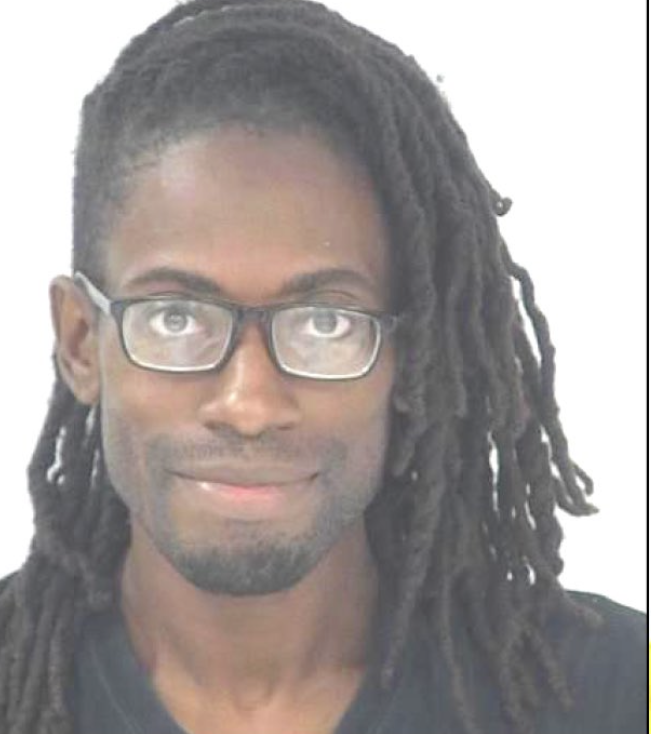In a significant legal development, four Black activists linked to the African People’s Socialist Party and Uhuru Movement were convicted on Sept. 12 in a Florida federal court. They were found guilty of conspiring to act as unregistered agents of the Russian government, raising serious questions about the intersection of activism, foreign influence, and First Amendment rights.
The convicted activists
The activists include 82-year-old Omali Yeshitela, the chairman of the African People’s Socialist Party, along with 78-year-old Penny Hess, 34-year-old Jesse Nevel, and 38-year-old Augustus C. Romain Jr. The group faces potential prison sentences of up to five years. Notably, Yeshitela founded the African People’s Socialist Party in 1972, advocating for Black empowerment and reparations.
While the jury found them guilty of conspiracy, they were acquitted of the more serious charge of acting as agents of a foreign government. This verdict reflects a complex legal landscape where the lines between activism and foreign influence can become blurred.
Allegations of foreign influence
Prosecutors alleged that the quartet collaborated with the Kremlin to sow political discord and influence U.S. elections. They claimed that the activists were acting under Russian influence when they organized protests in 2016, asserting that Black people were victims of genocide. Additionally, the defendants were accused of adopting positions favorable to Russia, particularly in relation to U.S. foreign policy regarding the war in Ukraine.
The defense countered these allegations by arguing that the activists’ positions were consistent with their long-held beliefs. They emphasized that the actions taken by the group were not influenced by foreign entities but were rooted in their historical advocacy for Black rights and anti-colonialism.
First Amendment concerns
The defense team raised significant concerns regarding First Amendment rights, suggesting that the prosecution’s case could set a dangerous precedent for silencing dissenting voices. They argued that the government was targeting the activists due to their affiliations with groups advocating for social justice and Black empowerment.
Yeshitela, in particular, expressed that the relationship with Russian agent Aleksandr Ionov was misrepresented, claiming that Ionov concealed his ties to the Kremlin. This raises critical questions about the nature of political alliances and the potential for misinterpretation in the realm of activism.
Details of the case
According to a press release from the U.S. Department of Justice, the activists agreed to act on behalf of the Russian government between May 2015 and July 2022. The relationship began when Ionov invited Yeshitela on an all-expenses-paid trip to discuss future cooperation. Emails revealed that all parties understood Ionov’s connection to the Russian government, with Yeshitela describing Ionov’s role as a means for Russia to engage in a struggle that could sow division within the U.S.
Despite the convictions, no sentencing date has been set, and the case remains under investigation by the FBI. The prosecution team includes Assistant U.S. Attorneys Daniel J. Marcet and Risha Asokan, alongside Trial Attorney Menno Goedman from the National Security Division.
Broader implications
This case highlights the complexities surrounding political activism, foreign influence, and the potential ramifications for free speech. As the legal proceedings unfold, it is crucial to consider the implications for activists and organizations advocating for marginalized communities. The intersection of activism and foreign influence raises important questions about the nature of political engagement and the risks faced by those who challenge the status quo.
As the investigation continues, the broader community must remain vigilant about the potential for governmental overreach in silencing dissenting voices, particularly those advocating for social justice and racial equality.
The history of Black socialists and Russia
Throughout U.S. history, rumors of Black socialists having ties to Russia have often been used to discredit Black political movements and civil rights leaders. During the early 20th century, as socialism and communism gained traction globally, Black activists advocating for racial and economic equality were frequently accused of being influenced by Soviet Russia. These accusations intensified during the Cold War, when figures like W.E.B. Du Bois and Paul Robeson were targeted for their leftist beliefs. The U.S. government used fears of communism to suppress Black socialist movements, linking them to foreign influence to undermine their legitimacy.











